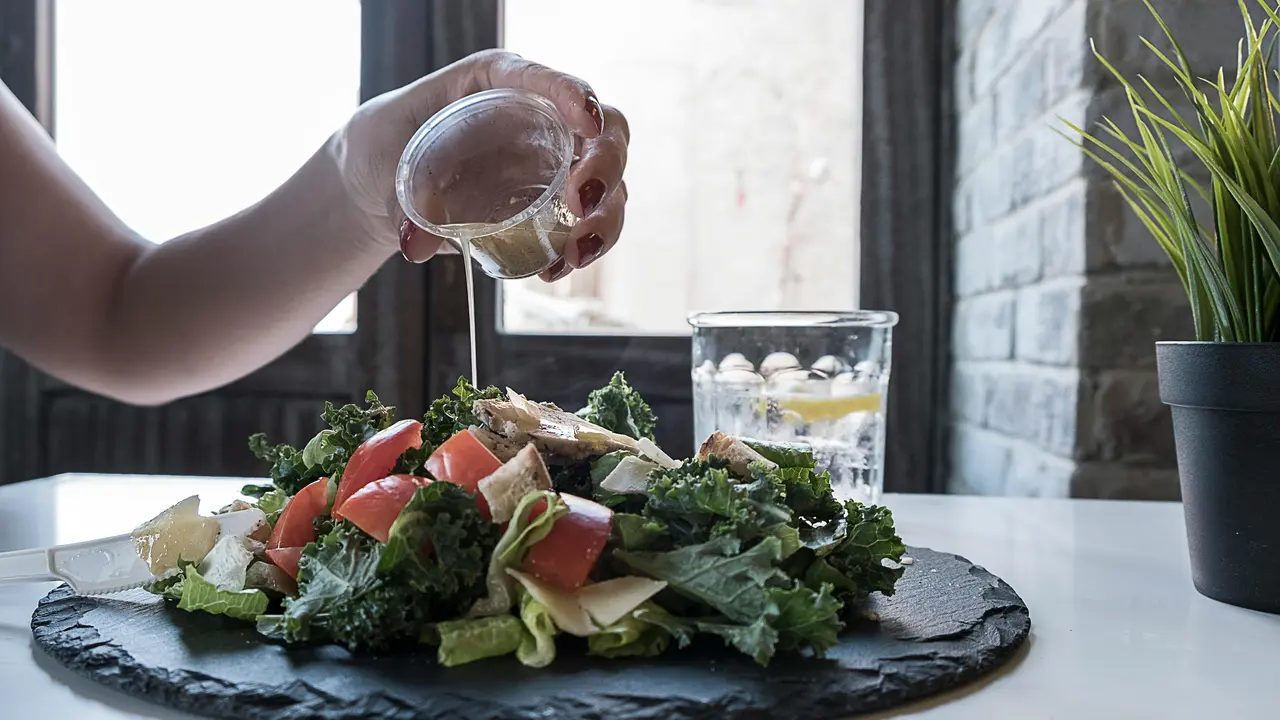Are you often puzzled by the question, “how do I convert grams to calories”? Understanding this conversion is essential for anyone looking to manage their diet or track their calorie intake effectively. In this article, we will explore the science behind grams and calories, how to perform the conversion, and practical tips to make it easier. Get ready to unravel the mysteries of nutrition!
Understanding the Relationship Between Grams and Calories
What Are Grams?
Grams are a unit of weight used to measure food portions. In nutritional terms, grams tell you how much of a particular food you’re consuming, whether it’s carbohydrates, fats, or proteins. Each of these macronutrients has a specific caloric value, which plays a significant role in understanding your diet.
What Are Calories?
Calories are a unit of energy that measures how much energy food provides to the body when consumed. Understanding how many calories are in the food we eat is critical for maintaining a healthy weight. Foods composed of different macronutrients have varying caloric values, leading us to understand the need for the conversion of grams to calories.
How Do I Convert Grams to Calories? The Basic Formula
The Macronutrient Breakdown
To convert grams to calories, it’s essential first to know the caloric content of each macronutrient:
- Carbohydrates: 4 calories per gram
- Proteins: 4 calories per gram
- Fats: 9 calories per gram
Using these values, you can compute the total caloric content based on the grams consumed. For example, if you have 10 grams of protein, the caloric value would be 10 grams x 4 calories/gram = 40 calories.
Step-by-Step Conversion Process
Here’s a simple guide to converting grams to calories effectively:
- Identify the macronutrient you are measuring (carbs, fats, or proteins).
- Measure the grams of the food item.
- Use the corresponding caloric value (4 or 9 calories per gram) to calculate the calories.
- Sum up the total calories from each macronutrient if your food contains more than one type.
Examples of Converting Grams to Calories
Example 1: Grains
Let’s say you’re consuming 50 grams of uncooked rice, which primarily consists of carbohydrates:
Calories from rice = 50 grams x 4 calories/gram = 200 calories.
Example 2: Meat
If you have 100 grams of chicken breast, which is predominantly protein:
Calories from chicken = 100 grams x 4 calories/gram = 400 calories.
Example 3: Nuts
Nuts are high in fat, so for 30 grams of almonds:
Calories from almonds = 30 grams x 9 calories/gram = 270 calories.
Tips for Accurate Calorie Tracking
Use a Food Scale
To ensure accuracy in your measurements, use a reliable food scale. This will help you obtain exact gram measurements of your food items.
Utilize Nutrition Apps
Nutrition tracking apps can simplify the process of converting grams to calories. They often have extensive food databases that include caloric values, marshaling accurate numbers for you.
Read Food Labels
Food packaging often provides information on calories per serving size, which can offer insight into how grams translate to calories without additional math on your part.
Common Mistakes to Avoid When Converting Grams to Calories
Neglecting Serving Sizes
One frequent mistake is not accounting for serving sizes. Make sure that you’re converting based on the actual amount you’re consuming, not the serving size indicated on the packaging.
Overlooking Nutritional Differences
Different food products can have different nutritional profiles. Always verify the specific caloric content for the food items you are consuming.
Rounding Errors
When calculating calories from grams, rounding off your numbers can lead to inaccuracies. Always try to keep as many decimal points as necessary in your calculations.
Conclusion
In conclusion, understanding how to convert grams to calories is a vital skill for anyone looking to manage their nutrition effectively. By knowing the macronutrient breakdown and following the proper conversion methods, you can take charge of your dietary choices. Start measuring your food portions today and gain better insight into your caloric intake! Don’t forget to share this article with friends who might also find it helpful or explore more articles on nutrition for further guidance!
Calories – Recent Articles
- How Many Calories in Skinny Pop Popcorn? Find Out Now!
- How Many Calories in Five Guys Oreo Milkshake? Find Out Now!
- How Many Calories in Spaghetti and Meatballs? Find Out Now!
- How Many Calories in a Hot Link? Discover Surprising Facts!
- How Many Calories Are in a Doughnut Hole? Discover the Truth!
Calories – Useful Links
- NCBI Bookshelf – Calories (StatPearls)
- NCBI – Information about Energy Balance
- NHLBI / NIH – Energy Balance and Obesity (We Can! Healthy Weight Basics)
- USDA – FoodData Central
- CalorieControl.org – Food Calorie Calculator
